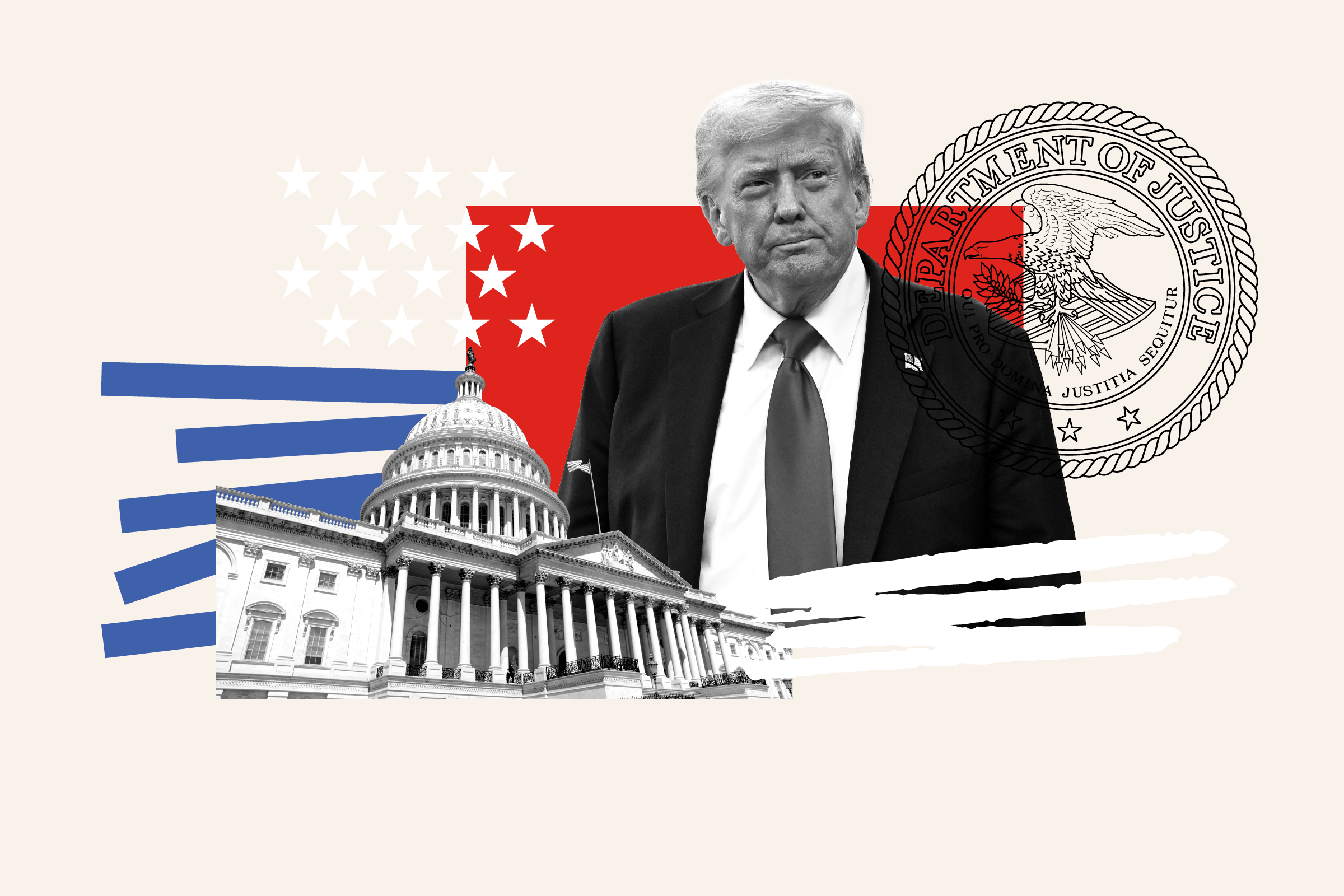
On Tuesday evening, Speaker of the House of Representatives Mike Johnson announced an early adjournment of the chamber, saying there was nothing “time sensitive” to work on. In doing so, he halted all legislative action until September and ended an intensifying debate regarding the release of files associated with Jeffrey Epstein. In doing so, he may have also inadvertently cemented the 119th Congress‘s position as one of the least productive Congressional sessions in history.
The 119th Congress, which convened on January 3, 2025, for the end of former President Joe Biden‘s presidency and will conclude in January 2027, is, like any other Congress, important in advancing legislation that affects the lives of the American people in all manner of ways.
However, according to the legislative tracking website GovTrack, its legislative action is lethargic. It has passed just 27 bills, far fewer than the number of bills passed at the same point in most previous sessions since the 103rd Congress, which convened in 1993 when Bill Clinton was in office. This comes despite the Republicans having a majority of 219 to 212 in the House of Representatives and a majority of 53 to 45 in the Senate.
In his 1948 re-election campaign, Democratic President Harry Truman raged against a Republican-controlled “do nothing Congress” for hampering his legislative priorities. Is Trump’s 119th Congress comparable?
Speaking to Newsweek, Mark Shanahan, who teaches American politics at the University of Surrey in the U.K., said Congress was passing fewer bills because it was only acting on issues Trump wants to advance. That, and the Republicans’ slim majorities in both chambers, have slowed the passage of legislation, he said.
“This is a Congress that’s acting as a rubber stamp for the president, not as a vigorous legislature separated from the Executive in its powers and actions,” he said. “The second Trump administration is delivering his campaign promises, no more, no less, and is blinkered to anything beyond its somewhat retributive agenda. But Congress is very much under the presidential thumb, acting in a hyper-partisan manner and delivering only what Trump decrees. Majorities in the House and Senate are slim, so every committee hearing and floor debate is painful and protracted, and neither the legislation, not the legislators charged with delivering it are the strongest set Capitol Hill has ever seen. Congress has been sidelined by an increasingly authoritarian Executive and is already showing its fatigue.”
Scott Lucas, who teaches international politics at University College Dublin, agreed that “Trump rules by executive order” and only goes to Congress for “big high-profile legislation.” He told Newsweek that the Trump administration had been “much more ambitious” in its use of executive orders in its second term and that he had been more “authoritarian.” “If you’re the big authority, why do you need Congress?”
While the 119th Congress has passed relatively few bills, it is not the least law-making Congress since 1993. That status belongs to the 118th Congress, the least productive, which had passed 13 bills by a comparable stage of its session.
However, this came amid divisions. Republicans controlled the House while Democrats controlled the Senate and the White House. There was also infighting in the Republican Party which resulted in Kevin McCarthy losing the speakership. This affected Congress’ ability to move legislation.
Meanwhile, during the first eight months of the 104th Congress in 1995, only 22 bills were passed. In passing 27 laws, the 119th Congress is the third-least productive Congressional session since January 1993.
On the flip side, as per the GovTrack data, the most productive Congressional session was the 103rd session, when 82 bills were passed. The 108th was also among the most productive, passing 76 bills during the third quarter of George W. Bush‘s first term in office.
Meanwhile, the two Congressional sessions that coincided with Trump’s first term, the 115th and the 116th, were also more productive than the current Congressional term, with 55 and 56 bills passed, respectively, by the end of August in their first year in Congress.
However, this may all be meaningless. Richard Johnson, a senior lecturer in U.S. politics and policy at Queen Mary University of London in the U.K., said that “the number of laws passed is not on its own informative of congressional activity.”
“We are seeing a pattern now of Congress passing large omnibus bills, which historically would have been several pieces of legislation, rolled into one,” he told Newsweek. “For example, the Big Beautiful Bill Act was at least five different bills rolled into one: a tax bill, a welfare reform bill, a climate subsidy repeal bill, an immigration and security bill, and a miscellaneous funding bill. The raw numbers do not tell us about the size, scale, or importance of the legislation.”
The 119th Congress will resume its session in September. Whether it comes back with a flurry of legislation or continues its relatively slow approach remains to be seen.
